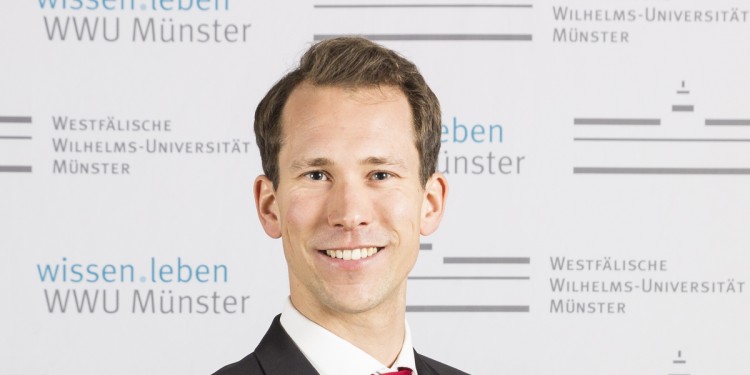
How not to regulate social networks
Last year, the Network Enforcement Act (Netzwerkdurchsetzungsgesetz, NetzDG for short) came into force in Germany. Its principal objective is to combat hate speech on the Internet. Social networks, says the analysis on which the Act is based, had not been reacting to information from certain users, or at least not in a timely fashion, and removing unlawful content. The victims of online criminal activities, the analysis goes on to say, had not been adequately protected in the past. The Act does, therefore, deal with an important and legitimate concern. Unfortunately, that is all that can be said in favour of the regulations contained in the Act – because in fact it contravenes both European law and the German constitution. It is not fit for purpose, sets dangerous disincentives – to the detriment of freedom of opinion – and is poorly thought out from a legal point of view.
But to begin by taking a look at the content of the regulations: the Act obliges social networks to provide methods guaranteeing that any unlawful content is removed or blocked if reported. If the content is “clearly” unlawful, it must be removed within 24 hours. All other unlawful content must be removed by the network provider within seven days. If the method for dealing with unlawful content is not set up in line with the statutory requirements, the platform may be liable to fines of up to 50 million euros.
Essentially, the Act is directed at Facebook and Twitter. Small social networks are excluded from the scope of the Act, as are platforms on which journalists are responsible for the content, or which have a special thematic brief. Xing and LinkedIn are not to be included, nor are services providing for individual communication such as WhatsApp.
The reference point for the Act is “unlawful content”. According to the Act, content is unlawful when it constitutes certain criminal offences which are listed, and is not justified. The range of criminal offences is wide and ranges from insulting behaviour to sexual offences.
At first glance, this appears to be reasonable. However, as soon as we take a detailed look at this Act when it is applied in practice, it becomes clear how misguided the regulations are. What is clearly problematic is the drawing up of rules covering fines for wrongdoing on the part of the networks. As a result, content tends to be deleted. True, the supporters of the Act never tire of emphasising that there is no threat of a fine for just one piece of unlawful content not being deleted – only for systematic failure. But this does not exactly eliminate the danger of excessive blocking by the network provider, because the Act provides incentives for providers to design the method which they are obliged to introduce in such a way that it will result in a tendency to remove content. The reason is that there is a risk of fines being imposed when unlawful content is systematically not deleted – but not when the network regularly deletes lawful content too. This asymmetrical liability is toxic for free and open debate.
Added to this is the fact that, to all intents and purposes, users have no effective opportunities of legal remedy against the networks. First of all – and this has already happened in the case of Twitter – the platforms will, in their defence, point to their general terms and conditions, which give them a very free hand indeed in dealing with users’ content. This means that users would have to convince the courts that the conditions are ineffective. The chances of success that such a line of argument would have are entirely uncertain. But even if it were successful – by the time the dispute is resolved, hardly anyone is likely to be interested in the user’s content anymore. After all, the communicative value of a post has an extremely low half-life period.
The NetzDG Act also privatizes public duties – averting danger and enforcing the law – to a worrying extent in an extremely sensitive area, i.e. freedom of opinion. What is, in fact, the final decision as a rule on removing content in the public interest is left to private networks. Staff at Facebook and Co. are expected to carry out checks within either 24 hours or seven days on cases which courts of law, with trained lawyers, sometimes need years to deal with. Such a mechanism does no justice at all to the importance of freedom of opinion.
And as if this were not enough: The Act is not only unconstitutional, it also contravenes the stipulations laid down in European law, in which there are strictly defined limits to the responsibility of so-called host providers, into whose scope social networks fall. The NetzDG Act transcends these limits.

Since 2016, Prof. Nikolas Guggenberger has been RWTÜV Foundation Assistant Professor of IT Law at the University of Münster, specifically at the the Institute of Law Relating to Information, Telecommunications and the Media, (ITM). He studied law and took his PhD at the Universities of Freiburg and Konstanz. He also holds a Master of Laws degree from Stanford Law School in California.
